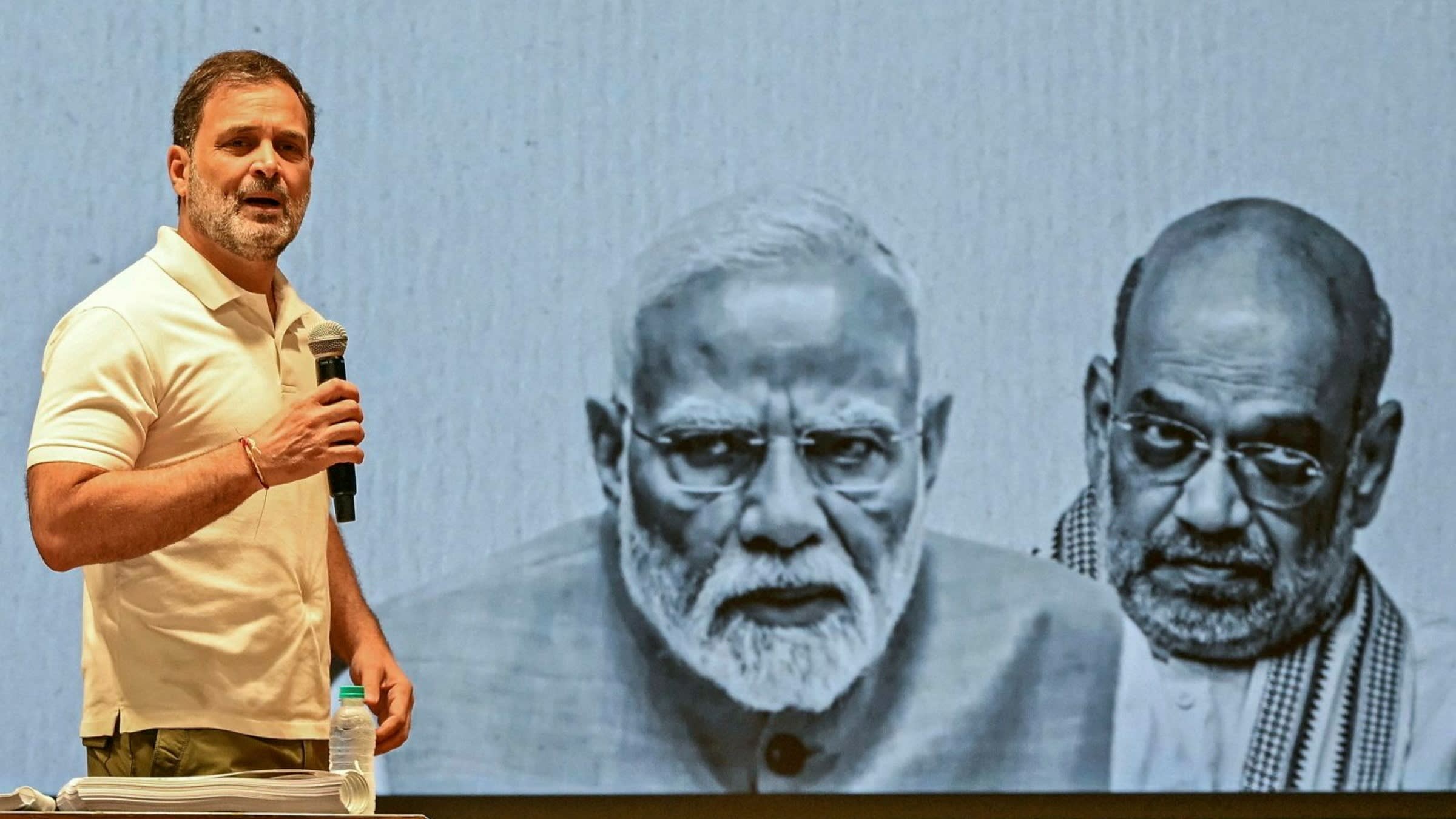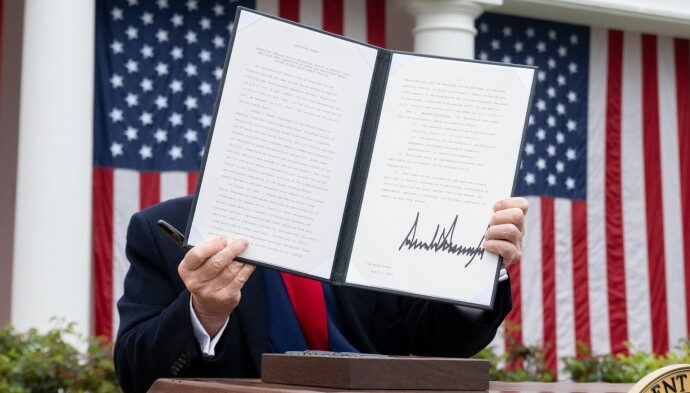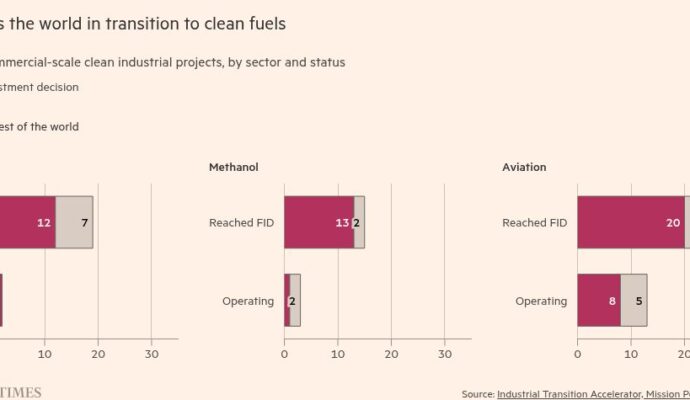
The world’s largest democracy is under siege from systematic vote-rigging by the government of Narendra Modi, the leader of India’s opposition has alleged in an interview with the Financial Times.
Rahul Gandhi, scion of the Nehru-Gandhi dynasty that controls the Indian National Congress party, claimed there has been centralised manipulation of the voter rolls to “steal elections”, with the assistance of India’s electoral commission.
His remarks mark a breakdown in a sprawling democracy where there have often been allegations of voting irregularities but all parties have historically accepted the results of elections.
“We’ve been noticing anomalies in our election system as a political party for a long time,” said Gandhi, accusing the prime minister of the country of 1.4bn people of overseeing the alleged vote-rigging. “The guy at the top of the system has to do it,” he said. Modi’s office did not reply to a request for comment.
Gandhi’s comments come ahead of what analysts see as a closely contested state election in Bihar due in November. Opposition parties, including Congress, have been questioning the Election Commission of India’s decision to review the list of eligible voters in the northern state just months before the vote.
Modi’s nationalist Bharatiya Janata party, which performed below expectations and had to rely on allies to form a government following its third consecutive electoral victory last year, has won several state elections — including Haryana, Maharashtra and the capital region, Delhi — during the past year.
Gandhi and the Congress party did not provide evidence to show who was behind the alleged manipulation or that it was on a scale large enough to affect election results.
Gandhi provided what he said was sample evidence from elections in the states of Karnataka and Maharashtra, showing alleged deleted and duplicate voters, invalid addresses and bulk registrations at single locations. The FT was unable to verify the evidence.
Gandhi’s comments form part of “a political strategy to say that the electoral commission, which is supposed to be a very impartial and neutral body, has steadily been hollowed out in the last 11 years,” said Nilanjan Mukhopadhyay, a political writer and author of Narendra Modi: The Man, The Times.
“Rahul is looking at a short timeline, looking immediately at the impending elections in Bihar, taking on this from a national perspective, therefore focusing on Bihar to thoroughly discredit the Election Commission.”
According to a survey published last month by the Centre for the Study of Developing Societies, a New Delhi-based research institution, confidence in India’s electoral body has dropped since the 2019 general election in all the six states surveyed. Overall, over half of respondents believed the election commission to be “working under pressure from the central government”.
The BJP and the Election Commission have both denied the rigging accusations. The commission said in a statement on Thursday that Gandhi’s claims about it were “incorrect and baseless”.
This week, at a political rally in Bihar, one of India’s most impoverished states, India’s home minister and Modi’s closest ally, Amit Shah, hit out at Gandhi, accusing him of spreading a “false narrative”.
Anurag Thakur, a member of parliament with the BJP, told reporters that it had “become a habit of Rahul Gandhi to make incorrect and baseless allegations”. He added: “The Congress party has lost approximately 90 elections under the leadership of Rahul Gandhi. His frustration is increasing day by day.”
Milan Vaishnav, director of the South Asia programme at the Carnegie Endowment for International Peace, said the vulnerabilities of Indian elections should not be overhyped, but “pretty serious cracks” were appearing in their conduct.
“The credibility of the election commission, which is widely seen as one of the most powerful elections bodies in the world, has really eroded, in part because they no longer appear to be truly independent,” Vaishnav said.
Indian politics was dominated by Congress and the Nehru-Gandhi clan for much of its post-independence history.
But the party and India’s broader centre left has been seen as a waning force in recent years, with some critics asserting that the family’s dominance of Congress was an obstacle to its progress and an easy target for the populist BJP because of its dynastic heritage.
The Congress party has also faced allegations of election fraud in the past.
In 1975, the late former prime minister Indira Gandhi, Rahul’s grandmother, was convicted of electoral malpractice during the general election four years before.
She then imposed a state of emergency under which civil liberties were suspended and political opponents jailed. India’s Supreme Court later overturned the malpractice verdict against her.
Gandhi said his party’s strategy is to challenge the integrity of India’s electoral system by building public pressure.
“We are playing the game of mass mobilisation. That’s the only way we have,” he said. “It is going to end there because there are huge parts of this country that, simply, will not accept a rigged election.”
Additional reporting by Jyotsna Singh in New Delhi


